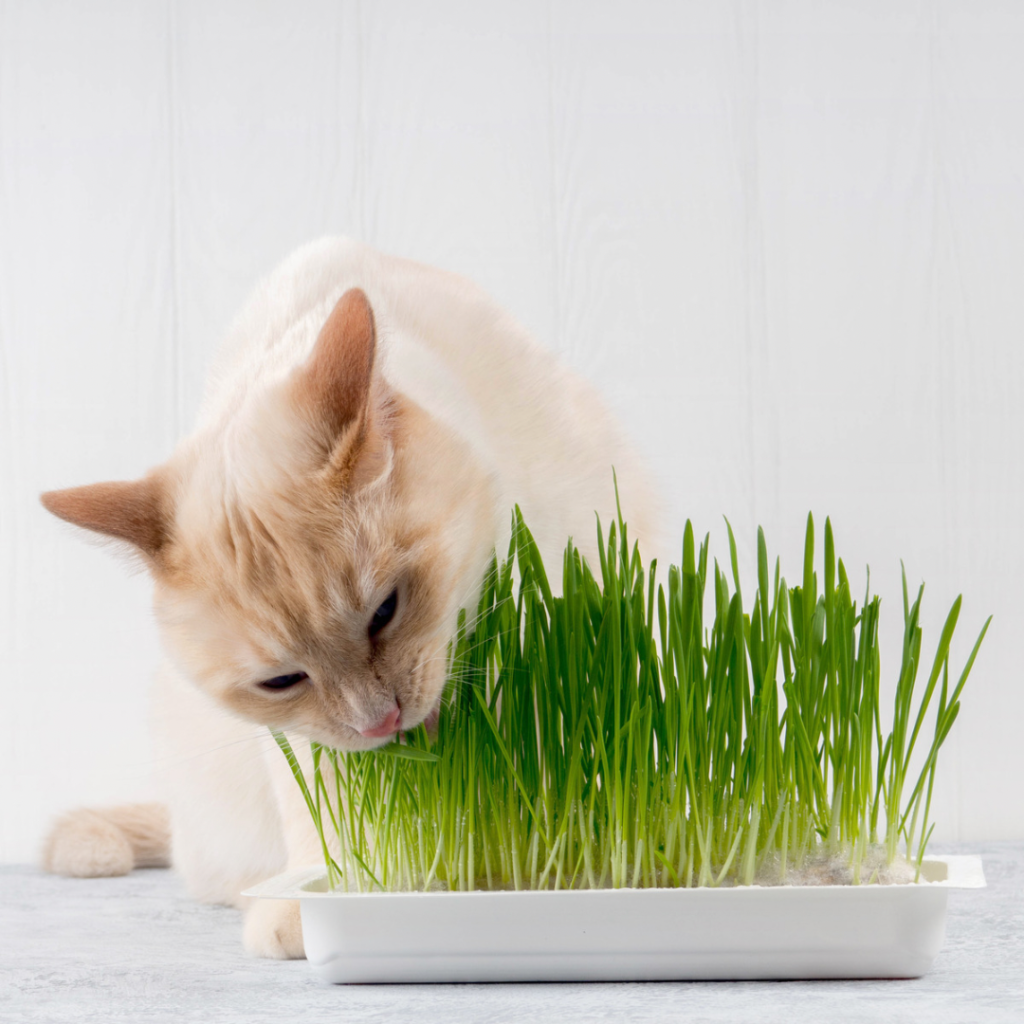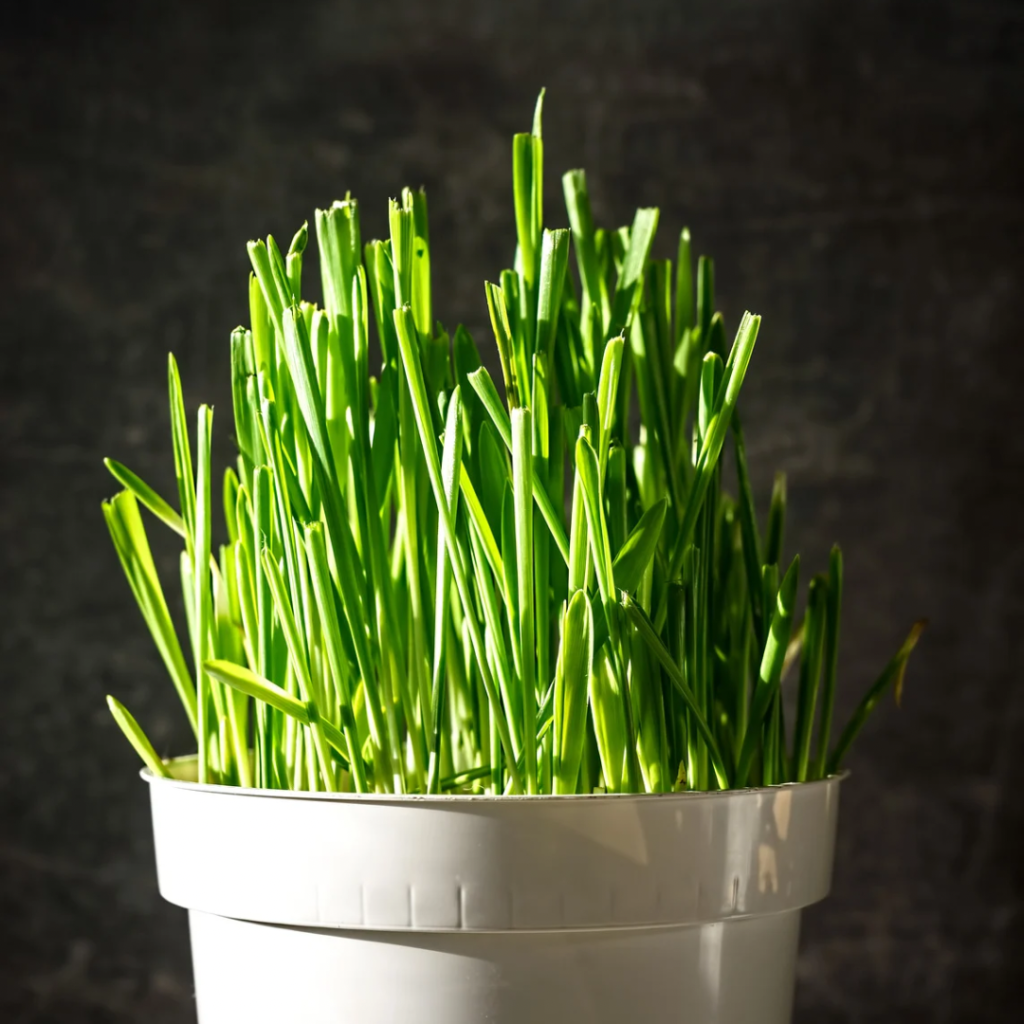If you aren’t owned by a cat or even might be owned by a cat, you may wonder why cat eat grass and is it safe for them to actually be eating grass?
This post may contain affiliate links. If you click through to them and make a purchase, I earn a small amount of revenue. These are marked with * for your reference.
Cats are known for being curious creatures with unique behaviors, one of which is eating grass. This behavior, known as herbivory, is actually quite common among cats and has various reasons behind it. While some might find it odd or concerning, eating grass can be a normal and safe behavior for cats when done in moderation.

One of the primary reasons why cats eat grass is to aid in digestion. When cats consume grass, the long blades of grass can help induce vomiting, which can help the cat get rid of any indigestible material in their stomach, such as fur balls. In this way, eating grass can act as a natural way for cats to cleanse their digestive system and regulate their digestive health.
Did you know grass contains essential nutrients such as folic acid, which can be beneficial for cats? By consuming grass, cats can supplement their diet with additional vitamins and minerals that may be lacking in their regular food. This is particularly important for cats that are primarily indoor pets and may not have access to a varied diet that includes fresh greens.
Additionally, some experts believe that cats may eat grass as a way to self-medicate. Grass has been observed to have mild laxative properties, which can help cats alleviate constipation or other gastrointestinal issues. By instinctively seeking out grass, cats may be trying to address minor digestive discomfort on their own.
While eating grass is generally considered safe for cats, there are some precautions pet owners should keep in mind. It’s important to ensure that the grass your cat has access to is free of pesticides, chemicals, or other harmful substances. Toxic plants or grass treated with chemicals can be dangerous for cats if ingested, leading to potential poisoning or other health issues. If your cat is an outdoor cat, it can be harder to monitor what they are eating, but in your own garden, you can make sure they have access to safe grass they can nibble on. If your cat is an indoor cat, you can grow containers of cat* grass for them to access when they want to.

If you notice that your cat is excessively eating grass or showing signs of distress after consuming it, such as vomiting frequently or experiencing diarrhea, it’s a good idea to consult with a veterinarian. Excessive grass consumption could be a sign of an underlying health issue that needs to be addressed.
Most cats eat grass for a variety of reasons, including aiding digestion, supplementing their diet with nutrients, and potentially self-medicating to alleviate minor gastrointestinal issues. When done in moderation and with caution, eating grass can be a natural and safe behavior for cats. Our cats love eating grass, and we have cat grass inside for our indoor cat Tabitha too. It helps to stop her eating my other plants, or it’s supposed to at least.
However, if you think your cat may be eating too much grass, or the reason behind their grass eating is something to be concerned about, or your cat appears to be unwell, then you should speak to your cat’s vet as soon as possible.
So, now you know why cats eat grass…